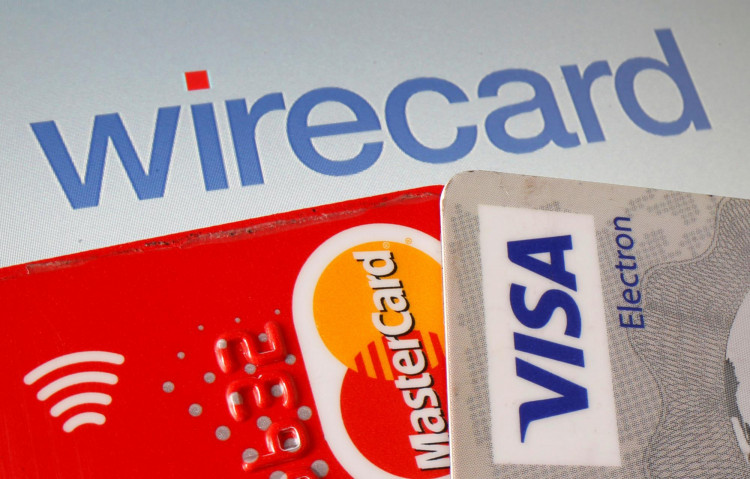The Biden administration has unveiled a groundbreaking proposal aimed at drastically reducing overdraft fees charged by banks, potentially lowering them to as little as $3. This move is part of a larger effort to alleviate financial pressures on American consumers, particularly those living paycheck to paycheck.
Currently, banks impose an overdraft fee when a customer's account balance dips below zero. Historically, overdraft began as a courtesy for certain customers, but with the advent of debit cards, it became a significant revenue stream for banks. The average overdraft fee stands at $26.61, with some banks charging as high as $39. This practice has drawn criticism for disproportionately impacting the financially vulnerable.
President Joe Biden has been vocal about his disapproval of these fees, stating, "For too long, some banks have charged exorbitant overdraft fees - sometimes $30 or more - that often hit the most vulnerable Americans the hardest, all while banks pad their bottom lines." He deems such practices as exploitation rather than service.
The proposed rule, crafted by the Consumer Financial Protection Bureau (CFPB), suggests that banks should only charge what it costs them to provide overdraft services. This means banks would need to demonstrate these costs to the CFPB or adhere to a benchmark fee set by regulators, with proposed amounts ranging from $3 to $14.
This change could have profound implications for the banking industry, potentially slashing billions of dollars in fee revenue. According to the CFPB, banks have amassed approximately $280 billion in overdraft fees over the past 20 years. In response, banks have initiated a substantial lobbying effort to counter the proposal and are prepared for legal challenges should the regulation be adopted.
The impact of the proposal is not uniformly distributed across the banking sector. It specifically targets banks with assets exceeding $10 billion, encompassing about 175 banks. This approach focuses on large institutions where most Americans have their accounts and where the majority of overdraft fee abuses have historically occurred. Smaller banks and credit unions, some of which rely more on overdraft fees, are exempt from the new rules.
The Biden administration's stance on eliminating 'junk fees' has placed overdraft fees at the forefront of its economic agenda. Rohit Chopra, the director of the CFPB, highlighted the need to close a loophole that transformed overdraft into a significant source of income for banks.
If the rule is adopted and withstands potential legal challenges, it would go into effect in the autumn of 2025. This timeline allows for the banking industry to adjust its practices and for further public and industry consultation on the proposed changes.
The initiative to cap overdraft fees is a major step in the Biden administration's broader economic strategy to protect consumers from exploitative financial practices. While it challenges the banking industry's traditional revenue models, it aligns with the administration's goal of alleviating the financial burden on American consumers.




